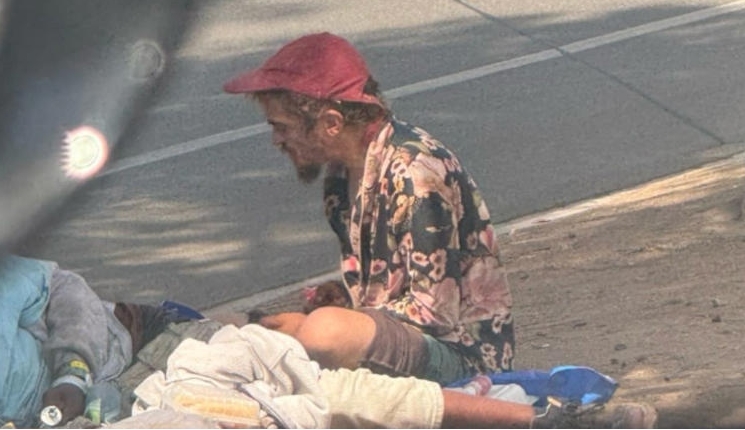The heartbreaking story of former child star Tylor Chase, known for his role as Martin Qwerly on Nickelodeon’s Ned’s Declassified School Survival Guide, resurfaced in 2022 when he was found living on the streets of Los Angeles. A video of the now 36-year-old actor looking unkempt and homeless went viral, shocking fans who remembered his energetic presence from the beloved teen series. The clip quickly spread across social media, prompting an influencer known as “Lethal” to take action and organize a fundraiser aimed at helping him get back on his feet.

Moved by Chase’s condition, the influencer launched a GoFundMe campaign that rapidly raised $1,207. The fundraiser promised to provide “safe housing, food, basic necessities, and the resources he needs to get back on his feet.” Supporters were hopeful that their contributions would bring lasting change to Chase’s life, with many expressing compassion for his struggles and a desire to see him regain stability. The initiative initially drew widespread praise for shining a light on the challenges faced by former child stars who fall out of the public eye.

However, controversy soon erupted after the influencer shared a video showing how the funds had been used. The footage depicted her giving Chase a “makeover,” which included buying him new clothes, shoes, and a backpack, and washing his hair on the street using a plastic water bottle. While Chase appeared deeply grateful, telling her, “Thank you so much, these are so pretty,” many viewers criticized the video. They argued that the so-called transformation failed to address the real issues of homelessness and mental health that the fundraiser had originally promised to tackle.

Amid the backlash, new information about Chase’s situation came to light. Someone claiming to know him personally contacted the influencer, saying that Chase needed “medical attention, not money,” and that he was unable to manage his finances or medication independently. Fans recalled that Chase had previously spoken about his struggles with bipolar disorder, leading to speculation that his current challenges might stem from untreated mental health issues and possible substance dependence. These revelations painted a more complex picture of his circumstances, one that went far beyond material needs.

In response to criticism, the influencer defended her actions, saying she was simply trying to “be a vessel to help bless someone.” Yet, the public backlash continued, emphasizing the disconnect between the fundraiser’s initial promises and the limited help that was ultimately provided. The incident sparked broader conversations about the ethics of social media-driven charity and the difficulties of helping individuals with severe mental health issues. Tylor Chase’s story stands as a sobering reminder of how fame, mental illness, and homelessness can intertwine—and how even well-intentioned acts can miss the mark when deeper care and understanding are needed.
